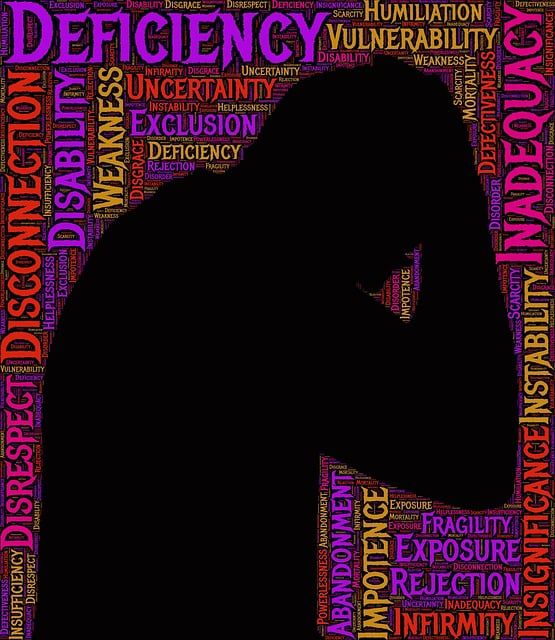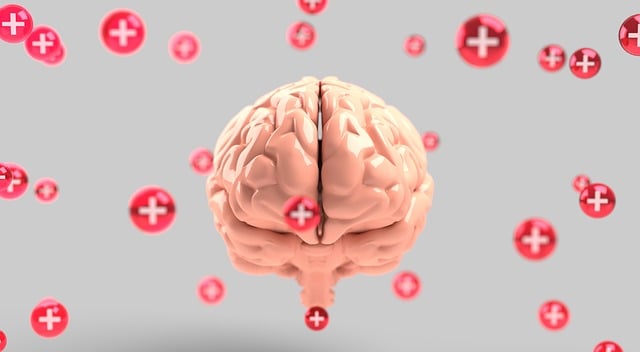Longmont Interpersonal Issues Therapy (LIIT) offers a comprehensive mental health approach, emphasizing self-awareness through introspection and mindfulness practices. Qualified professionals conduct thorough assessments, integrating client insights with expert evaluations to design effective treatment plans. LIIT focuses on interpersonal relationships and communication as key factors in emotional healing, guiding individuals to develop inner strength and make positive changes. They provide personalized support, exploring various therapy modalities to suit unique needs, and promote building supportive networks for stronger mental well-being, ultimately fostering empowerment and self-care.
Mental illness diagnosis and treatment can be overwhelming. This comprehensive guide aims to navigate you through the intricate process, from understanding mental health conditions to exploring effective treatment options. We delve into the role of Longmont Interpersonal Issues Therapy, a proven approach for addressing interpersonal challenges. Additionally, we provide a step-by-step guide to navigating treatment choices and building a robust support network to facilitate recovery.
- Understanding Mental Illness Diagnoses: Unveiling the Process
- The Role of Longmont Interpersonal Issues Therapy in Treatment
- Navigating Treatment Options: A Comprehensive Guide
- Building a Supportive Network for Effective Recovery
Understanding Mental Illness Diagnoses: Unveiling the Process

Mental illness diagnoses are a complex process that involves careful evaluation and assessment by qualified professionals. It often begins with an individual’s recognition of symptoms or concerns regarding their mental well-being. This self-awareness can be facilitated through exercises designed to promote introspection, such as keeping journals or practicing mindfulness, which are valuable tools offered by Longmont Interpersonal Issues Therapy.
Professionals then conduct comprehensive assessments, including interviews, surveys, and sometimes specialized tests, to gain a deeper understanding of the individual’s experiences and symptoms. This stage involves exploring various aspects of mental health, including mood, thoughts, behaviors, and relationships. By integrating self-reported information with expert assessment, therapists can enhance their emotional intelligence, enabling them to tailor treatment plans effectively.
The Role of Longmont Interpersonal Issues Therapy in Treatment

Longmont Interpersonal Issues Therapy (LIIT) plays a pivotal role in navigating the complex landscape of mental health treatment. This therapeutic approach focuses on addressing interpersonal relationships and communication patterns, which are often at the heart of emotional healing processes. By exploring interactions with others, LIIT helps individuals cultivate inner strength development and enhance their ability to manage challenging situations. Through this therapy, clients gain valuable insights into recurring issues in their personal lives, enabling them to make positive changes and foster healthier relationships.
Incorporating mental wellness journaling exercises guided by LIIT can further reinforce the therapeutic process. Journaling provides a safe space for individuals to reflect on their experiences, track progress, and identify triggers or patterns that impact their mental wellness. This self-exploration not only facilitates emotional healing but also empowers clients to take an active role in their recovery journey.
Navigating Treatment Options: A Comprehensive Guide

Navigating treatment options for mental health issues can be a complex and often daunting task. Individuals seeking help may feel overwhelmed by the variety of choices available, from traditional psychotherapy to alternative holistic approaches. Longmont Interpersonal Issues Therapy offers a comprehensive guide to aid in this decision-making process. Therapists at Longmont provide personalized support, helping clients understand their specific needs and preferences.
This tailored approach ensures that individuals receive the most suitable treatment for their unique circumstances. Whether focusing on mood management, boosting confidence, or facilitating emotional healing processes, therapists work collaboratively with patients to set achievable goals. By exploring different therapeutic modalities, clients can discover the best path forward, fostering a sense of empowerment and self-care in their journey towards mental well-being.
Building a Supportive Network for Effective Recovery

Building a supportive network is a cornerstone for effective mental health recovery, especially when navigating complex interpersonal issues. Longmont Interpersonal Issues Therapy recognizes that having a strong support system in place can significantly enhance a patient’s well-being and treatment outcomes. This involves fostering connections with understanding friends, family members, or support groups who can offer emotional backing, practical assistance, and encouragement throughout the healing process.
Public awareness campaigns focused on mental health play a crucial role in breaking down stigma and encouraging individuals to seek help. By raising awareness about anxiety relief and stress management techniques, these campaigns empower people to take proactive measures for their mental well-being. This, in turn, enables them to initiate conversations about their struggles and access the appropriate care, ultimately contributing to building a more supportive network on both personal and community levels.
Mental health journeys are unique, and effective navigation is key. By understanding the diagnosis process and exploring treatment options like Longmont Interpersonal Issues Therapy, individuals can empower themselves to take charge of their mental well-being. A supportive network further enhances recovery, emphasizing that seeking help is not just an act of self-care but a step towards a brighter, healthier future. This comprehensive guide aims to equip readers with the knowledge to navigate their mental health journeys confidently.














